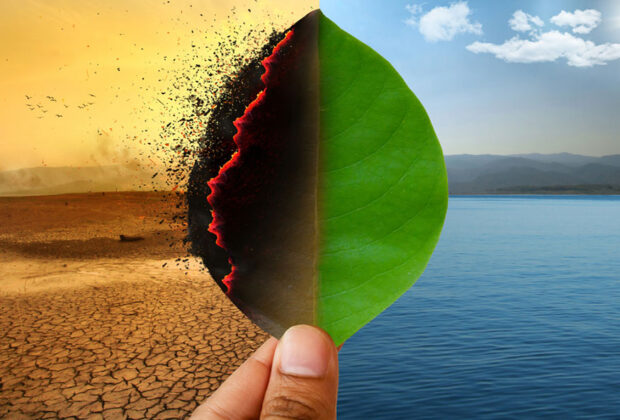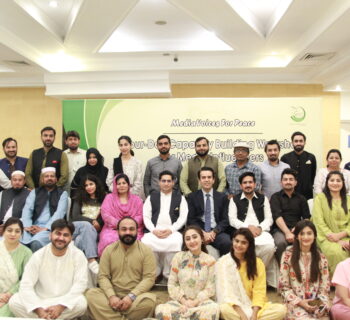(Waris Paracha) As of my last knowledge update in September 2021, Pakistan, like many countries, has been actively working to address the challenges posed by climate change. While it's essential to acknowledge the efforts made, it's also important to note that climate change remains an ongoing global challenge, and full mitigation and adaptation will require continued dedication and action. Here are some ways Pakistan has been working to overcome the climate change crisis, along with relevant facts and figures:
1. Renewable Energy Transition:
Pakistan has been investing in renewable energy sources to reduce its reliance on fossil fuels. As of 2021, Pakistan had an installed renewable energy capacity of over 2,000 megawatts (MW).
This transition not only reduces greenhouse gas emissions but also enhances energy security. Solar and wind energy projects have been significant contributors to this shift.
2. Afforestation and Reforestation:
Pakistan has launched various afforestation and reforestation projects to combat deforestation and enhance carbon sequestration. As of 2021, the country aimed to plant 10 billion trees under the "Billion Tree Tsunami" project.
Impact: Reforestation efforts contribute to carbon capture, biodiversity preservation, and the protection of ecosystems.
3. Climate Adaptation Measures:
Facts: Pakistan has been investing in climate adaptation measures to address the impacts of climate change, particularly in vulnerable areas. The National Disaster Risk Reduction Policy and the National Climate Change Policy outline these efforts.
Impact: Such measures include early warning systems for floods and extreme weather events, resilient infrastructure, and community-based adaptation strategies.
4. Glacier Monitoring:
Facts: Pakistan has been actively monitoring its glaciers to better understand their behavior and the implications for water resources. The Pakistan Meteorological Department and international partners have been involved in these efforts.
Impact: Glacier monitoring provides critical data for water resource management, particularly for the Indus River, upon which millions depend for irrigation and drinking water.
5. International Collaboration:
Facts: Pakistan is part of international climate agreements such as the Paris Agreement. The country actively participates in global climate conferences and collaborates with international organizations on climate projects.
Impact: International collaboration enables Pakistan to access funding, technology, and expertise to address climate change effectively.
6. Sustainable Agriculture Practices:
Facts: Pakistan has been promoting sustainable agricultural practices to mitigate the impact of climate change on the sector. Initiatives include efficient irrigation methods and crop diversification.
Impact: These practices help improve agricultural resilience, increase food security, and reduce emissions from the agricultural sector.
7. Public Awareness and Education:
Pakistan has been actively promoting climate awareness and education through various initiatives, including public campaigns, school programs, and workshops.
Impact: Building public awareness and education is crucial for fostering a culture of sustainability and encouraging individual actions to mitigate climate change.
While these efforts are commendable, Pakistan, like many countries, continues to face significant climate challenges. The impacts of climate change are ongoing, and it's essential to stay updated with the latest developments and actions taken beyond my last knowledge update in September 2021. Additionally, tracking progress and measuring the effectiveness of these initiatives with up-to-date facts and figures is vital to evaluate Pakistan's success in overcoming the climate change crisis.








